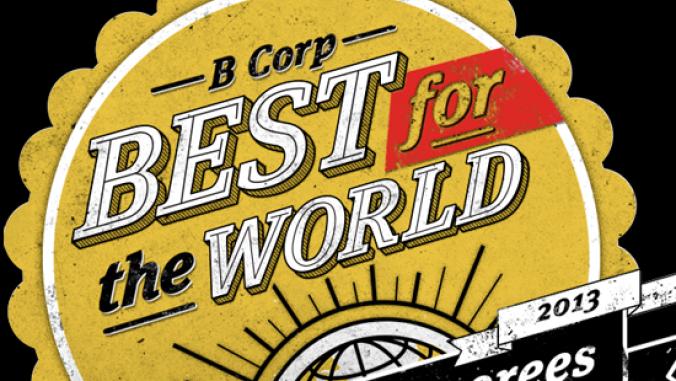CloudBlue Takes Responsible E-Waste Management Global
<p>The company aims to bring transparency and environmental responsibility to end-of-life management, focused especially on global enterprises with complex infrastructures.</p>

Handling electronic waste has long been a kind of free-for-all zone for companies and recyclers alike. With few regulations in the United States and little awareness from companies about the problems e-waste poses, firms have been able to simply hand off their unwanted equipment to whoever would take it and consider themselves done with it.
That situation has been evolving rapidly over the last few years in response to increased legislation in the U.S. and abroad, stepped-up environmental goals from companies of all sizes, and exposés on the impacts of e-waste dismantling from this site, 60 Minutes, and others.
I spoke yesterday with Ken Beyer, the CEO of CloudBlue, a nine-year-old e-waste management company that just popped up on my radar for the first time, and which is thriving in the new e-waste-aware climate.
CloudBlue, which provides transparent, traceable asset management services, specializing in companies with global operations, yesterday announced it had added 25 new Fortune 500 clients to its roster in the past year. But the company isn't focused solely on the big players; Beyer said the firm has added about 200 small- to medium-sized businesses as well, and that its regional facilities make it easy for smaller firms to responsibly manage their e-waste.
But it's the large players that stand to have the biggest impact on the global e-waste problem. A report released by the United Nations last week found that developing nations, which are the biggest recipients of discarded and unwanted electronics from the U.S., are poised for a boom in the amount of e-waste they're handling, and suggests that responsible e-waste management can help grow green economies around the world.
CloudBlue aims to help that growth. "We're interested in the amount of global e-waste going to third world," Beyer said. "We're working with U.S. corporations to help them enact global policies that will let them deal with this problem in responsible ways and address the larger e-waste issue."
The company's service includes real-time tracking from the moment your firm's electronics leave the facility, through reselling, recycling, dismantling, or whatever happens to the machines. Companies that need to report e-waste data through Europe's WEEE initiative, or to the U.S. EPA, or to any of the state laws that are now on the books, can gather that data through CloudBlue's web portal whenever it's needed.
"Customers are seeing that [e-waste] is such a big risk in terms of security and environmental compliance," Beyer told me. "One of the ways to combat that is through transparency. We open everything up to you -- you can look in our operational systems and see exactly what's happening with your service."
{related_content}CloudBlue has also set high standards for how it handles e-waste, getting certified under the e-Stewards label. As part of the growth in awareness of e-waste problems, Beyer said, companies are starting to require certifications for their recyclers.
"We're seeing that companies and large enterprises are looking for certifications, and that's why we selected the BAN standard," Beyer explained. "It's the highest standard that's out there, it applies globally and it's very focused on complying with all of the rules of the Basel convention, rather than just what the EPA is enforcing and espousing."
Earlier this year, we reported on an EPA webcast to help you find the greenest e-waste supplier; e-Stewards and a competing certification developed by the recycling industry, the Responsible Recycling (R2) standard, are both covered in this presentation. More details about the differences between the two standards is available in this article from Redemtech's Bob Houghton, who is a prime backer of e-Stewards.
Although the economic downturn slowed the amount of electronics companies are discarding, Beyer said he expects 2010 to be a much bigger year. Firms that have been using older computers to save on costs are likely to undergo comprehensive refreshes this year, and between adoption of Windows 7 and the ongoing virtualization of the data center, he expects asset management to be a much-needed service for companies of all sizes.
More information about CloudBlue can be found at CloudBlue.com.





